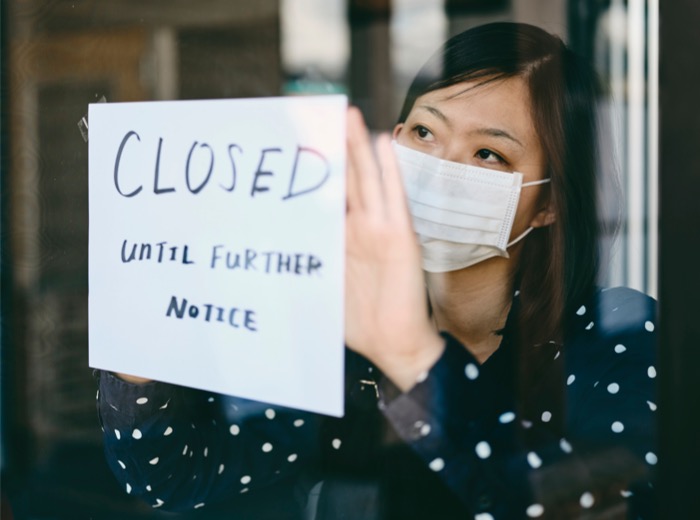Coronavirus update 27 May 2021 – Victoria announces 7-day lockdown

27 May 2021

Today, the Victorian Government has announced a seven-day circuit breaker lockdown in an attempt to stop the spread of a COVID-19 outbreak in the state. The lockdown is effective from 11:59pm on Thursday 27 May 2021 until 11:59pm on Wednesday 2 June 2021.
The information provided in this article is current at the date of publication, however, given the fast pace nature of the situation at hand, businesses are strongly encouraged to monitor the Victorian Department of Health’s advice and any of our associated resources.
What are the latest restrictions?
Under the restrictions, individuals must stay home and can only leave home except for the following permitted reasons:
- Essential shopping;
- Permitted work;
- Caregiving or medical reasons;
- Exercise (with one other person, two-hour limit); and
- Getting a COVID-19 vaccination.
In addition to the above, individuals can only travel within five kilometre distance from their home (unless an exemption applies).
Masks must be worn at all times, indoors and outdoors, except for in individuals’ homes.
Those who can work from home must. A full list of authorised providers and workers can be found here along with the full list of restrictions.
Other restrictions include:
- No visitors to your home other than an intimate partner. Single bubbles will be permitted. If you live alone, you can make a bubble with another person;
- No public gatherings;
- Restaurants, pubs, and cafes can provide takeaway only;
- Essential retail (supermarkets, food stores, bottle shops, banks, petrol stations and pharmacies will also remain open). Non-essential retail may only open for click and collect;
- Gyms, hairdressers, community facilities and entertainment venues will all close;
- Childcare and kindergartens will be open;
- Approved professional sporting events will proceed but proceed without crowds;
- Schools will move to remote learning, except for vulnerable children, and children of authorised workers;
- Higher education will move to remote learning only; and
- Community support and recreation, accommodation will be closed, unless an exemption applies;
- Hotels, clubs, TABs and casinos will be closed;
- Indoor and outdoor entertainment venues, swimming pools, spas, saunas, indoor and outdoor springs, community venues, drive in cinemas, amusements parks and arcades, creative studios, art galleries and museums, tourism, tours, and transport must close (or operate online if possible);
- Real estate inspections are closed and auctions must be conducted remotely;
- No visitors to aged care facilities except for end-of-life care;
- Visits to hospitals are limited to support for end of life, support for a partner during birth, or a parent accompanying a child;
- Maximum of 10 people at funerals, plus those running the service;
- Weddings cannot proceed unless end of life or deportation reasons apply; and
- Religious activities will not proceed other than through broadcast with a maximum of five people.
What does this mean for workplaces?
Where your business is required to close, that is, you are required to completely shut for the lockdown period, then in our view, you will be able to stand down your employees where they are unable to work from home.
How do you enact a stand down?
An employer can stand down an employee without pay where an employee cannot usefully be employed due to, but not limited to, a stoppage of work for any cause which the employer cannot reasonably be held responsible. Since businesses have been forced to close due to a Government directive, implementing a stand down under section 524 of the Fair Work Act (Cth) 2009 (FW Act) is lawful for employers provided the employee is not employed under an enterprise agreement or employment contract which provides for different stand down rights and obligations.
Where a section 524 stand down is implemented, employers should:
- seek specific advice in all circumstances to ensure that the risks with such an approach are understood;
- engage with impacted employees as soon as possible and provide employees with a reasonable opportunity to present ideas or proposals which may avoid the stand down;
- confirm the stand down in writing;
- maintain consistent contact with employees during the stand down period and provide updates and information which will assist with their ongoing understanding of the matter; and
- the continuation, or cancelation, of a stand down should be confirmed in writing.
What does this mean for employees and their working arrangements?
Where employees are able to perform their duties from home, then they can continue working and implementing a stand down is not necessary. Where this is the case, businesses should consider an employee’s ability to work from home safely.
If you have any questions about how these restrictions may impact your workplace, please do not hesitate to contact the team at enableHR.




